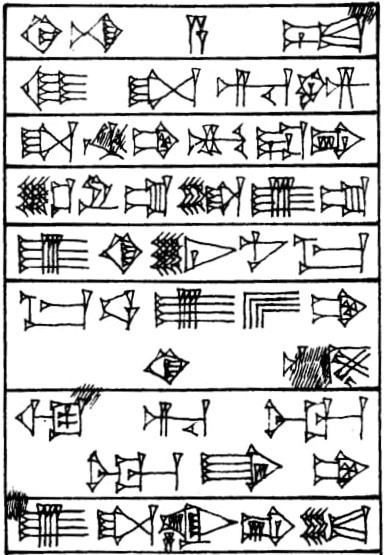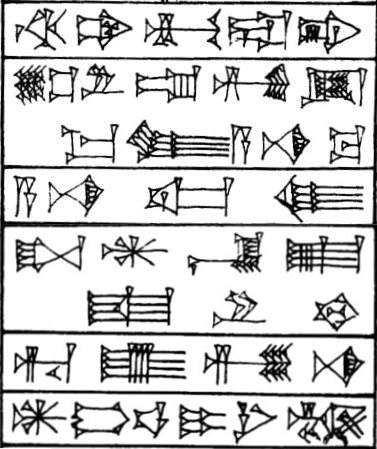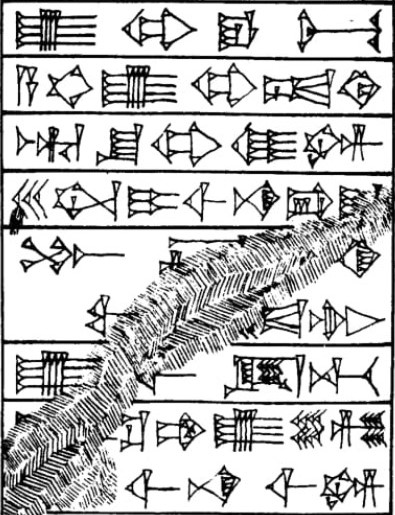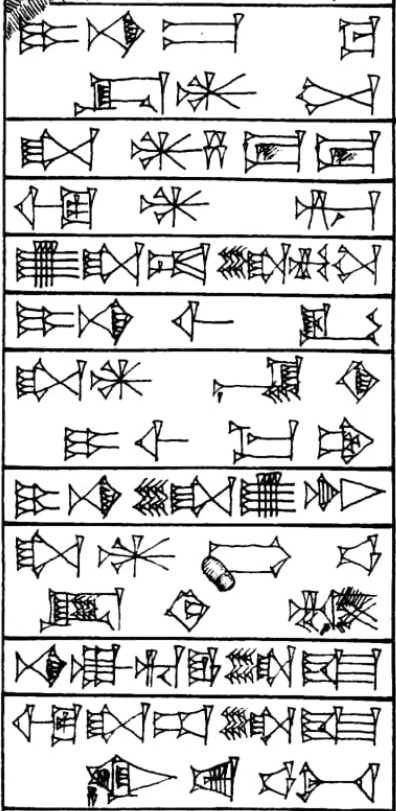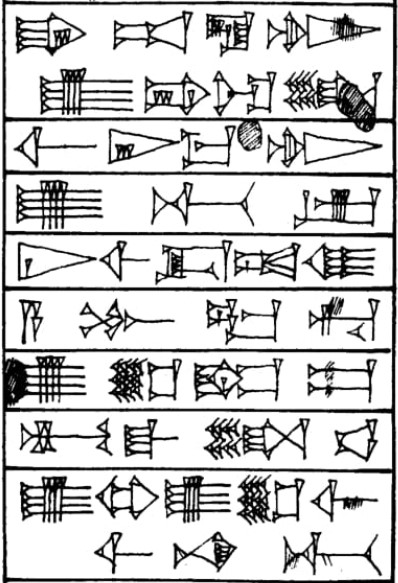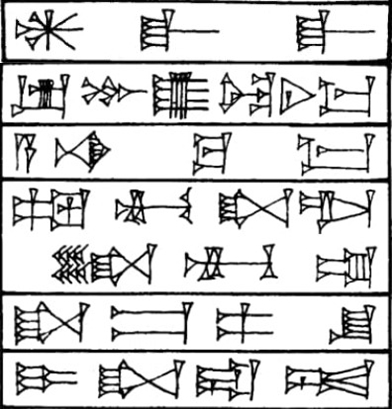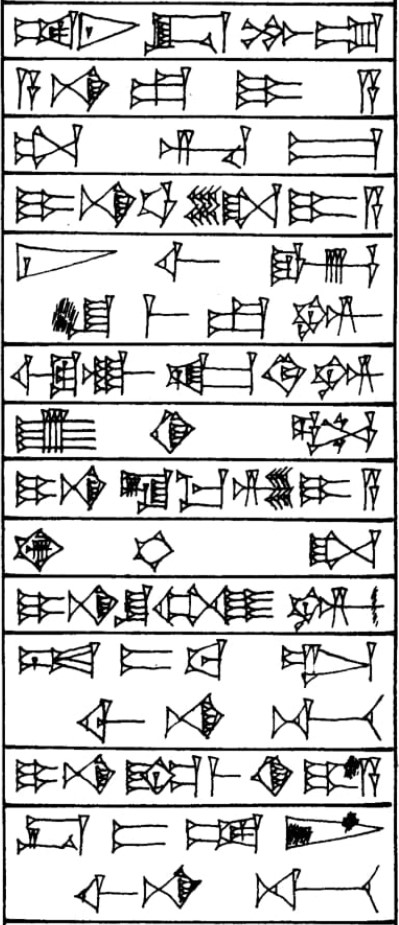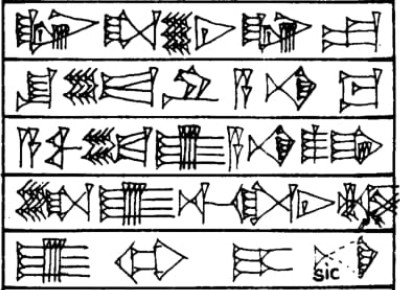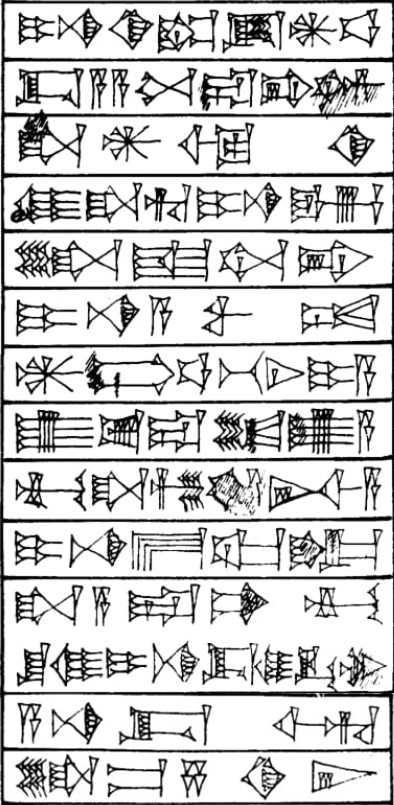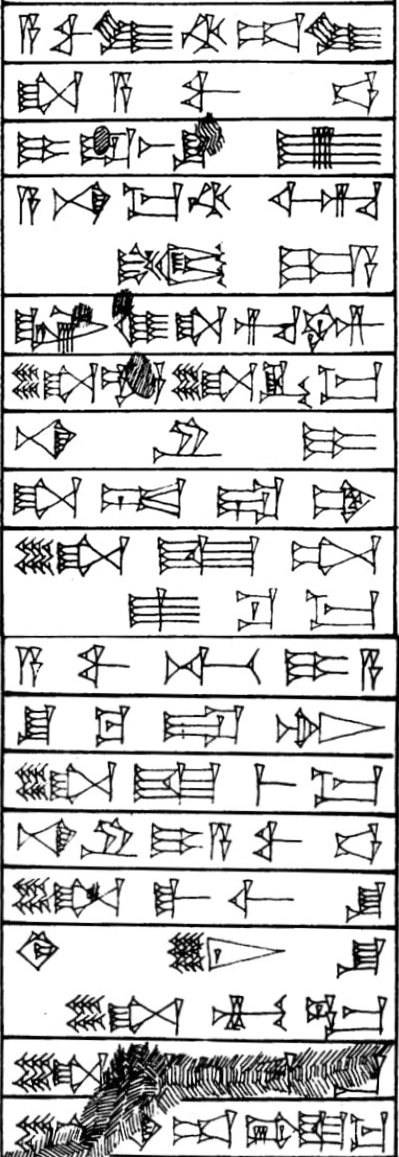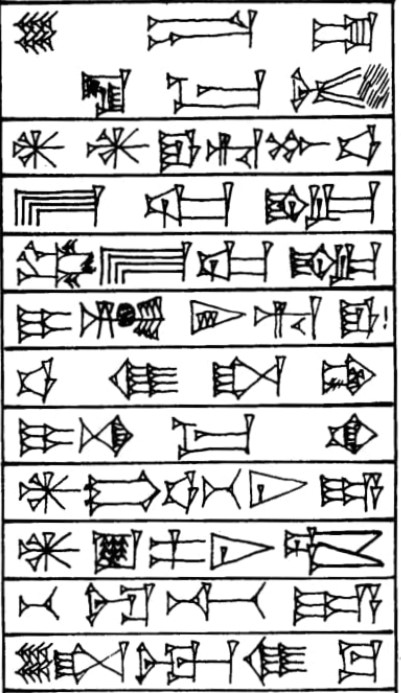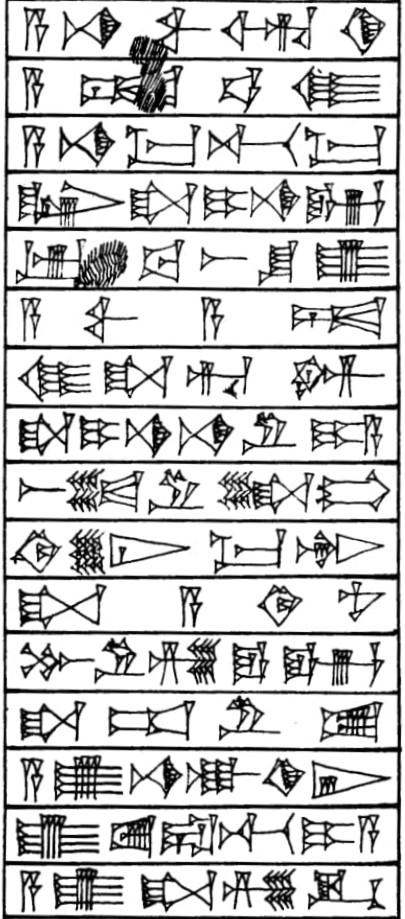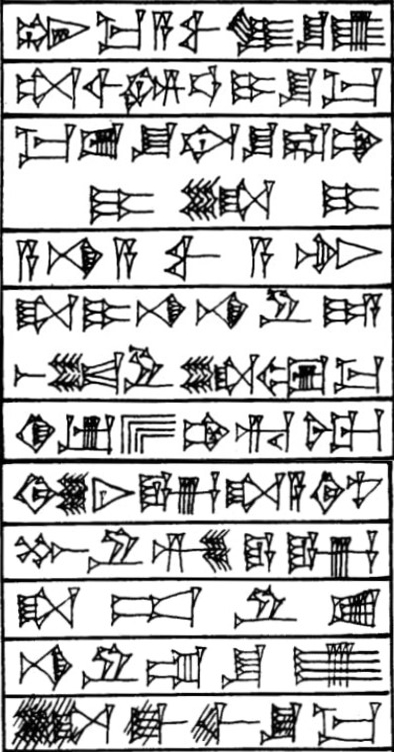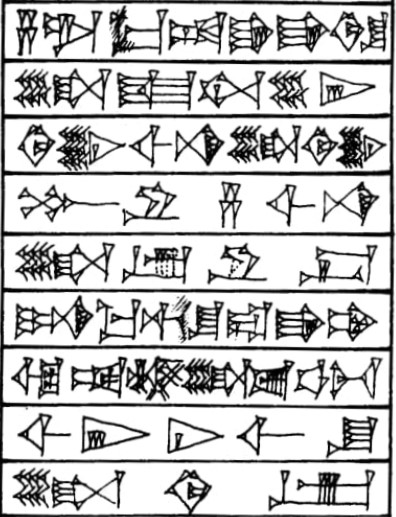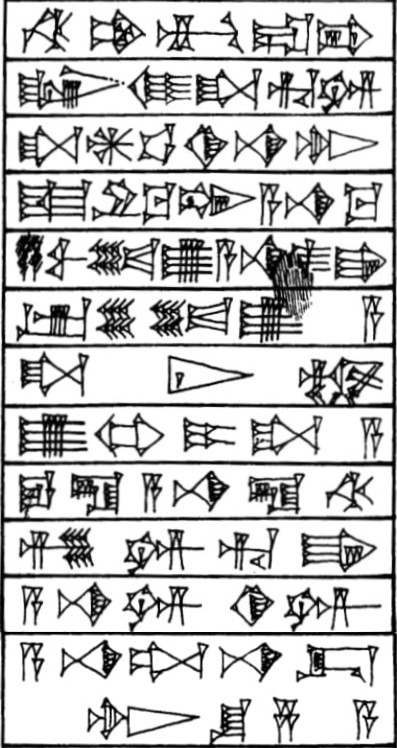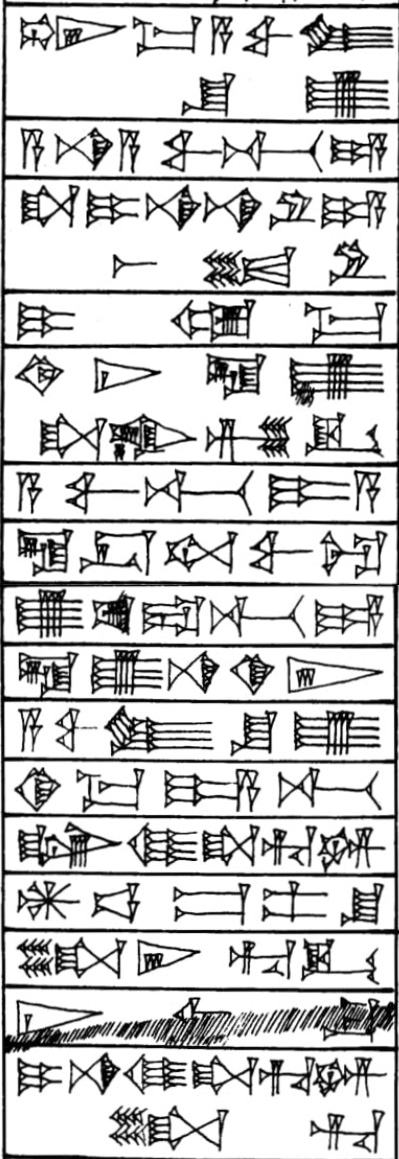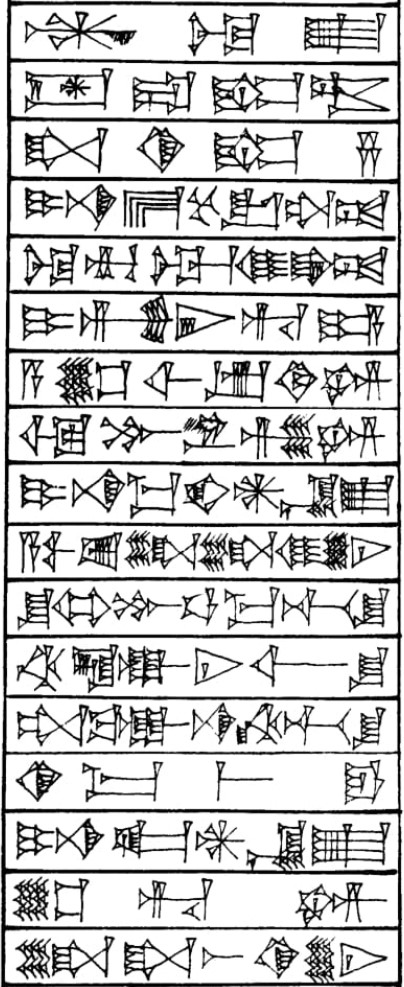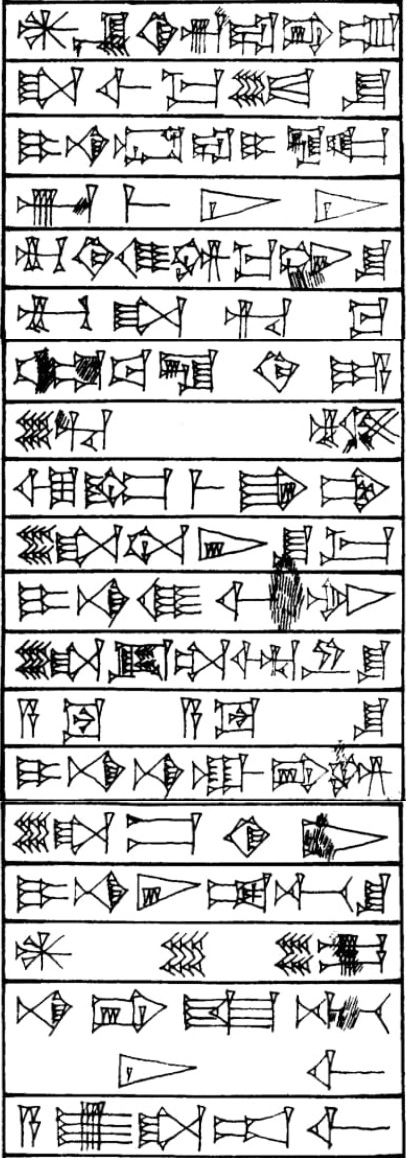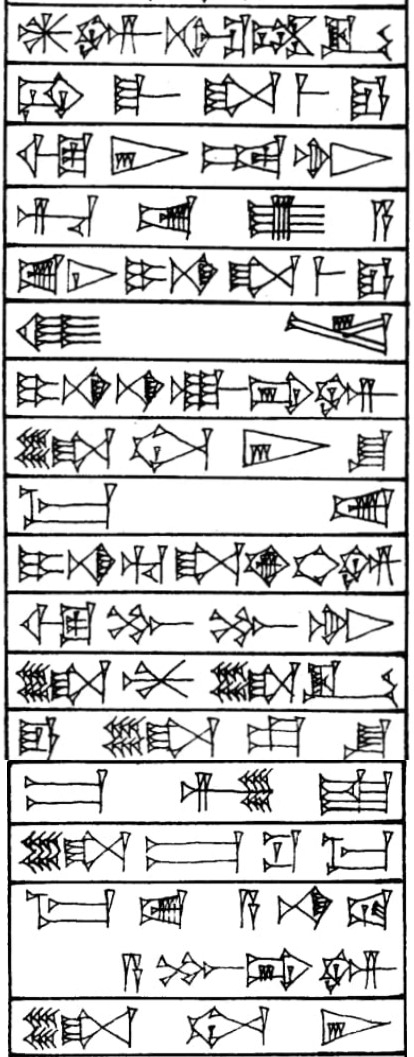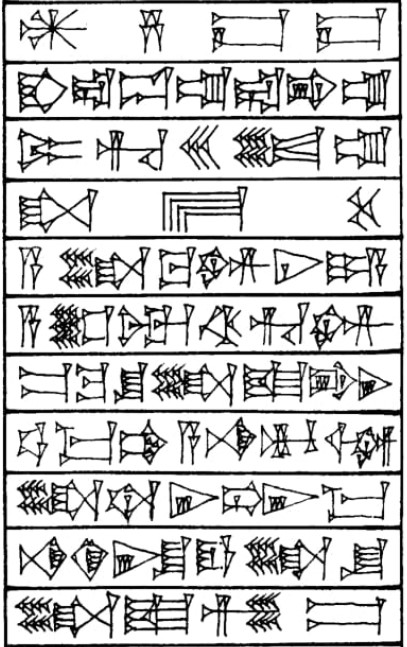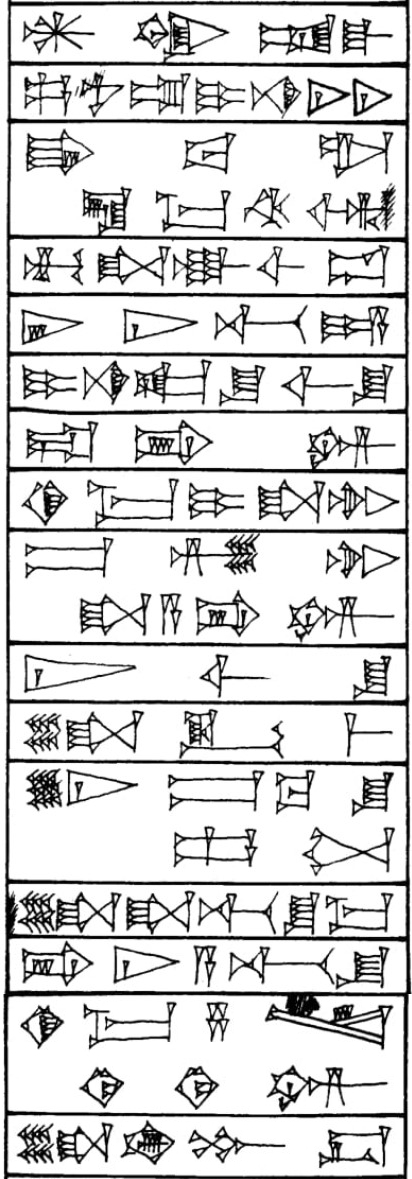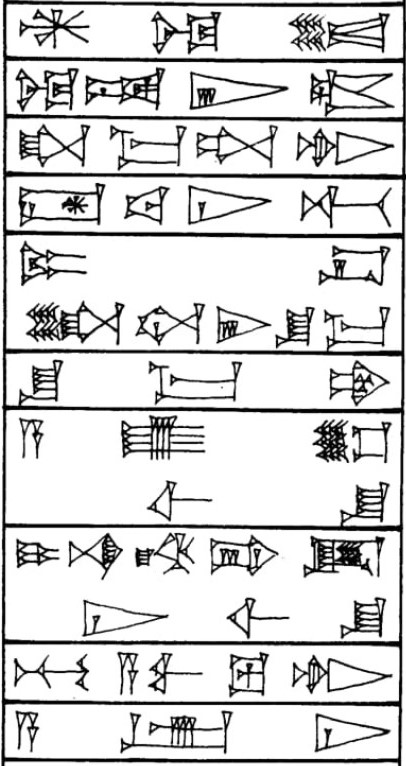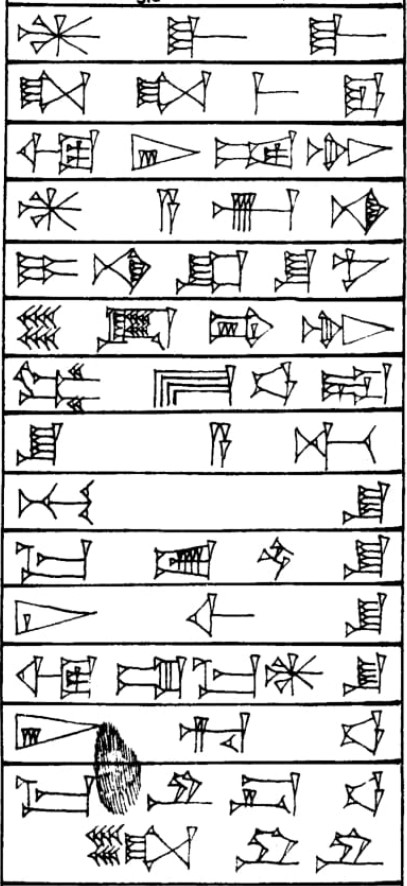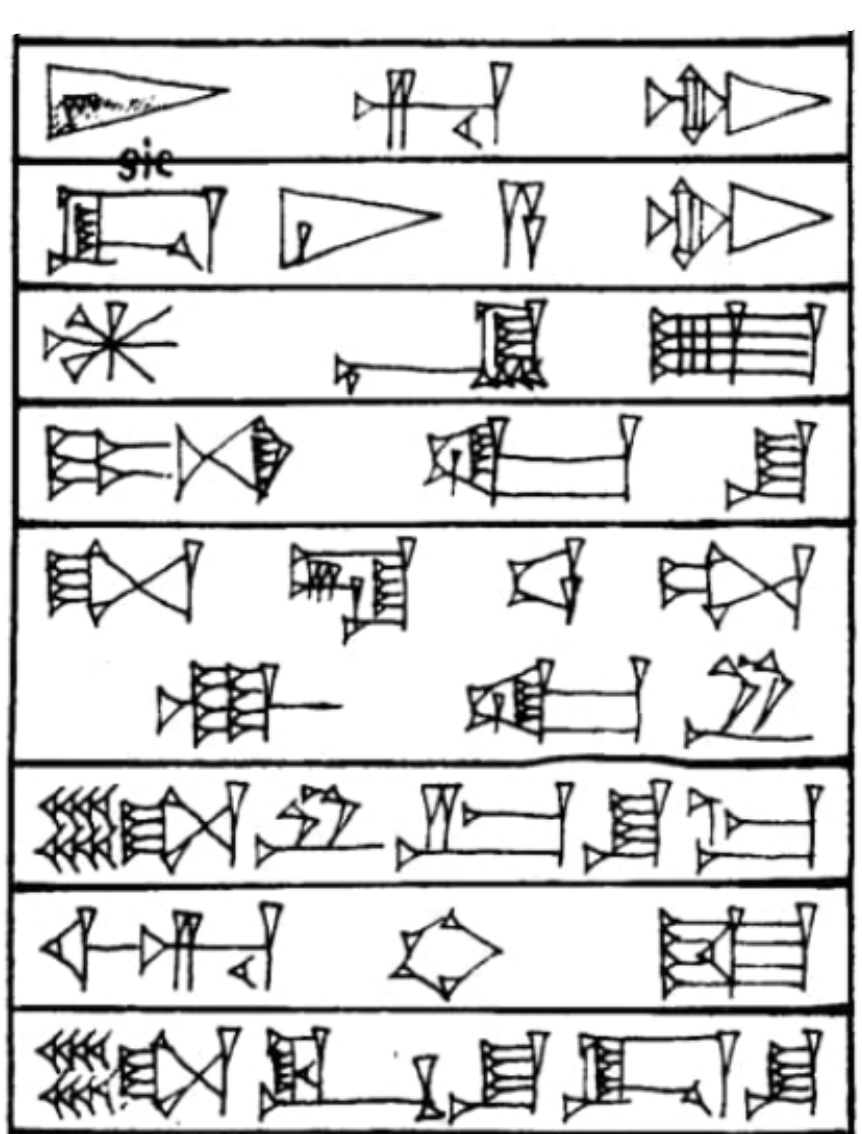Epilogue ¶ 1 / 32
Source: Harper (1904, p. 98)
Source: Richardson (2004, p. 118)
Epilogue ¶ 2 / 32
Source: Harper (1904, p. 98)
Source: Richardson (2004, p. 118)
Epilogue ¶ 3 / 32
Source: Harper (1904, p. 98)
Source: Richardson (2004, p. 118)
Epilogue ¶ 4 / 32
Source: Harper (1904, p. 98)
Source: Richardson (2004, p. 118)
Epilogue ¶ 5 / 32
Source: Harper (1904, p. 98)
Source: Richardson (2004, p. 120)
Epilogue ¶ 6 / 32
Source: Harper (1904, p. 98)
Source: Richardson (2004, p. 120)
Epilogue ¶ 7 / 32
Source: Harper (1904, p. 98)
Source: Richardson (2004, p. 120)
Epilogue ¶ 8 / 32
Source: Harper (1904, p. 98,100)
Source: Richardson (2004, p. 120)
Source: Richardson (2004, p. 121)
Epilogue ¶ 9 / 32
Source: Harper (1904, p. 100)
Source: Richardson (2004, p. 122)
Epilogue ¶ 10 / 32
Source: Harper (1904, p. 100)
Source: Richardson (2004, p. 122)
Source: Richardson (2004, p. 123)
Epilogue ¶ 11 / 32
Source: Harper (1904, p. 100)
Source: Richardson (2004, p. 122)
Source: Richardson (2004, p. 123)
Epilogue ¶ 12 / 32
Source: Harper (1904, p. 100)
Source: Richardson (2004, p. 122)
Source: Richardson (2004, p. 123)
Epilogue ¶ 13 / 32
Source: Harper (1904, p. 100)
Source: Richardson (2004, p. 124)
Epilogue ¶ 14 / 32
Source: Harper (1904, p. 100,102)
Source: Richardson (2004, p. 124)
Source: Richardson (2004, p. 125)
Epilogue ¶ 15 / 32
Source: Harper (1904, p. 102)
Source: Richardson (2004, p. 124)
Source: Richardson (2004, p. 125)
Epilogue ¶ 16 / 32
Source: Harper (1904, p. 102)
Source: Richardson (2004, p. 124)
Epilogue ¶ 17 / 32
Source: Harper (1904, p. 102)
Source: Richardson (2004, p. 124)
Epilogue ¶ 18 / 32
Source: Harper (1904, p. 102)
Source: Richardson (2004, p. 124, 126)
Source: Richardson (2004, p. 125, 127)
Epilogue ¶ 19 / 32
Source: Harper (1904, p. 102)
Source: Richardson (2004, p. 126)
Source: Richardson (2004, p. 127)
Epilogue ¶ 20 / 32
Source: Harper (1904, p. 102, 104)
Source: Richardson (2004, p. 126)
Source: Richardson (2004, p. 127)
Epilogue ¶ 21 / 32
Source: Harper (1904, p. 104)
Source: Richardson (2004, p. 128)
Source: Richardson (2004, p. 129)
Epilogue ¶ 22 / 32
Source: Harper (1904, p. 104)
Source: Richardson (2004, p. 128)
Source: Richardson (2004, p. 129)
Epilogue ¶ 23 / 32
Source: Harper (1904, p. 104)
Source: Richardson (2004, p. 128)
Source: Richardson (2004, p. 129)
Epilogue ¶ 24 / 32
Source: Harper (1904, p. 104, 106)
Source: Richardson (2004, p. 128, 130)
Source: Richardson (2004, p. 129, 131)
Epilogue ¶ 25 / 32
Source: Harper (1904, p. 106)
Source: Richardson (2004, p. 130)
Source: Richardson (2004, p. 131)
Epilogue ¶ 26 / 32
Source: Harper (1904, p. 106)
Source: Richardson (2004, p. 130)
Epilogue ¶ 27 / 32
Source: Harper (1904, p. 106)
Source: Richardson (2004, p. 130, 132)
Source: Richardson (2004, p. 131, 133)
Epilogue ¶ 28 / 32
Source: Harper (1904, p. 106, 108)
Source: Richardson (2004, p. 132)
Source: Richardson (2004, p. 133)
Epilogue ¶ 29 / 32
Source: Harper (1904, p. 108)
Source: Richardson (2004, p. 132)
Epilogue ¶ 30 / 32
Source: Harper (1904, p. 108)
Source: Richardson (2004, p. 132. 134)
Source: Richardson (2004, p. 133, 135)
Epilogue ¶ 31 / 32
Source: Harper (1904, p. 108)
Source: Richardson (2004, p. 134)
Epilogue ¶ 32 / 32
Source: Harper (1904, p. 108)
Source: Richardson (2004, p. 134)
Citation
Dedović, B. "Epilogue - eHammurabi." OMNIKA Foundation, 29 May. 2024, ehlaw.org/epilogue. [Accessed 27 Jan. 2026]
Dedović, B. (2024, May 29). Epilogue - eHammurabi. OMNIKA Foundation. https://ehlaw.org/epilogue
Bibliography
Abulhab, Saad D. The Law Code of Hammurabi: Transliterated and Literally Translated from its Early Classical Arabic Language. New York, NY: Blautopf, 2017.
Bergmann, Eugen. Codex Ḫammurabi: Textus Primigenius. Rome, Italy: Pontificium Institutum Biblicum, 1953.
Harper, Robert F. The Code of Hammurabi, King of Babylon, about 2250 B.C.: Autographed Text, Transliteration, Translation, Glossary, Index of Subjects, Lists of Proper Names, Signs, Numerals, Corrections and Erasures, with Map, Frontispiece and Photograph of Text. Chicago, IL: University of Chicago Press, 1904.
Huehnergard, John. Key to a Grammar of Akkadian (Third Edition). Winona Lake, IN: Eisenbrauns, 2013.
Richardson, Mervyn E.J. A Comprehensive Grammar to Hammurabi's Stele. Piscataway, NJ: Gorgias Press, 2014.
Richardson, Mervyn E.J. Hammurabi's Laws: Text, Translation and Glossary. New York, NY: T & T Clark International, 2004.
Roth, Martha T., and Harry A. Hoffner. Law Collections from Mesopotamia and Asia Minor. Edited by Piotr Michalowski. Atlanta, GA: Scholars Press: 1995.
Sound of Text Contributors. "Sound of Text: AI Text-to-Speech." Accessed November 14, 2023. https://soundoftext.app. [Visit]
eHammurabi Glossary
The term Adad commonly means "an ancient Mesopotamian deity associated with rain and storms."
Read moreeHammurabi Glossary
The term Anunnaki commonly means "a powerful group of seven ancient Mesopotamian deities: An, Enlil, Enki, Nanna, Utu, Ninhursag, and Inanna."
Read moreeHammurabi Glossary
The term Cuneiform commonly means "an ancient writing system used by various cultures around Mesopotamia."
Read moreeHammurabi Glossary
The term Enlil commonly means "an ancient Mesopotamian deity associated with air, wind, and storms."
Read moreeHammurabi Glossary
The term Ishtar commonly means "an ancient Mesopotamian deity associated with war, sexuality, and conquest that is thought to be the Akkadian version of Inanna, a Sumerian deity."
Read moreeHammurabi Glossary
The term Marduk commonly means "an ancient Mesopotamian deity associated with the city of Babylon."
Read moreeHammurabi Glossary
The term Normalization commonly means "the application of grammatical rules unto transliterated sound values."
Read moreeHammurabi Glossary
The term Translation commonly means "the conversion of linguistic contents and their meanings from one language into another."
Read moreeHammurabi Glossary
The term Transliteration commonly means "the conversion of sound values from one writing system into another."
Read more
